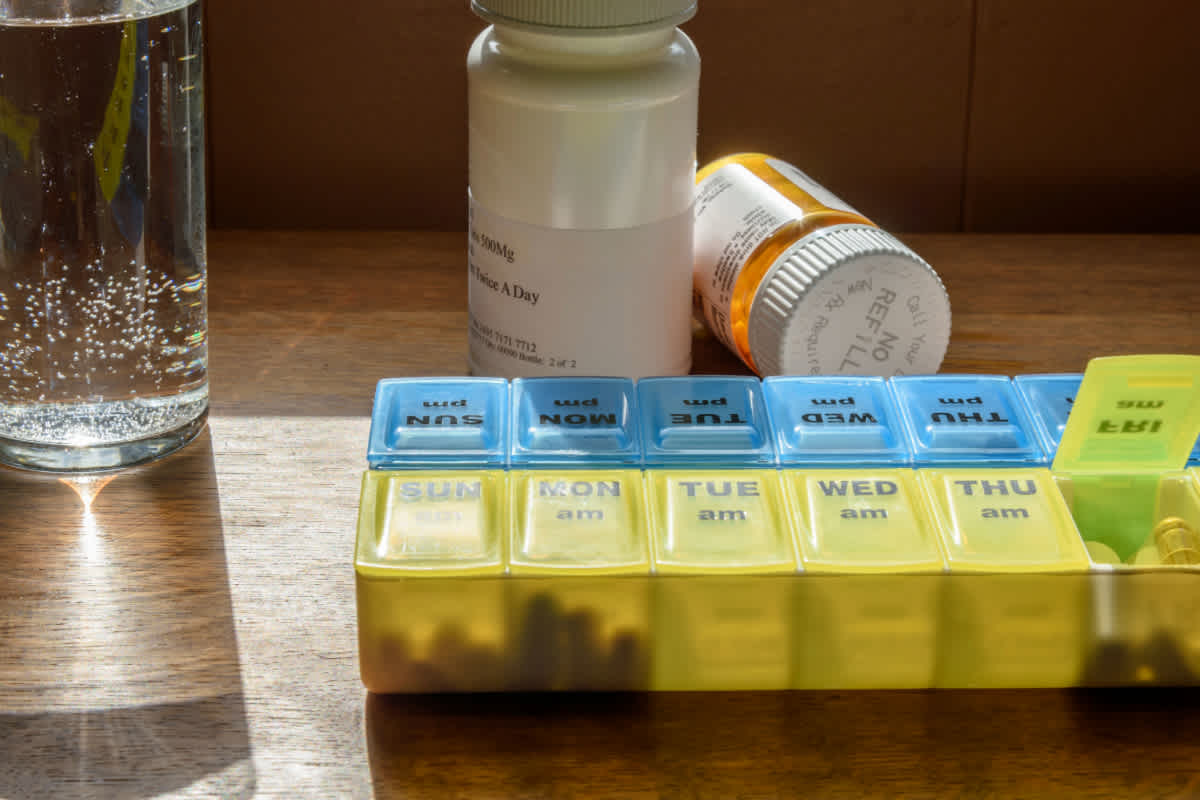What to Do When Your New Medication Brings Your Life to a Halt

Despite what people may think, medication is not a temporary or quick fix for distressing mental health symptoms. As every type of medication reacts differently to every brain, no one medication can ensure mental health benefits for every person. Oftentimes it will take trialing several different medications before finding one that complements an individual's unique brain chemistry.
If you or your loved one find yourself trying medication and experiencing adverse side effects, do not lose hope on treatment altogether. Here are some tips and suggestions for how to handle medication side effects.
How to Go About a New Prescription Medication
Prescription medications are medicines that a person can only get with a prescription from a medical professional, such as a doctor. Medicines like antidepressants can be prescribed to individuals struggling with depression or other mood disorders.
Research Your Medicine
Modern medicine has developed hundreds of valuable prescription medications to help treat and manage a range of mental health conditions. When a person is recommended a medication to ease their symptoms, their healthcare professional should give clear instructions on how to use the drug, including dosage and frequency. Similarly, their healthcare professional should also warn them of potential side effects and adverse reactions.
When you go about trying a new prescription, be sure to talk with your doctor about expectations and any specific questions that you have about your medication. For example, you may want to know if any particular drug interactions can lead to health consequences. You should thoroughly research your medication, as you are your best advocate for your mental health.
Understand That Medication Takes Time to Produce Benefits
Another aspect to recognize is that any medication takes time to produce benefits. Rarely do psychiatric drugs begin to take effect during the first day or week of use. A good rule of thumb is to give yourself at least three to five weeks before making a fair judgment. Sometimes, symptoms may worsen before they improve. During this time, regularly speak with your doctor, especially if you have concerns.
Severe mental health disorders can often lead to self-destructive behavior and thoughts of suicide. It is vital to understand that some medicines may increase these symptoms or create them if they weren't present before. If these symptoms occur while taking medication, it is critical to avoid halting your medication without consulting your doctor first. If your doctor is concerned, they will be able to help you safely wean off of your prescription and help you transition to a more effective medication.
Tips for Taking Your Medication Safely
To reduce the risk of adverse side effects and to increase the chance of your medication working correctly, there are several tips that you can follow.
The FDA offers the following tips:
Take your medication at the same time each day.
Take your medications alongside a daily routine, such as before you brush your teeth or after getting out of bed. Sometimes, medications must be taken with a meal, so consider this as you create a schedule.
Keep a medicine log of which medications you must take and when, and check off when you have taken each dose.
Use a labeled, weekly pill container that you refill weekly.
When traveling, be sure to take enough of your medication plus a few days extra in case of emergencies. Also, keep your medicines inside your carry-on to avoid missing a dose or damaging your prescription due to temperature changes.
Improve Your Life While Taking New Medication
As mentioned above, medication does not solve all of your problems. Most treatment centers recommend attending therapy sessions as you trial your prescription. Medication-assisted treatment (MAT) is the use of medication to aid and enhance the therapy process. Oftentimes, this is the most valuable treatment intervention. There are also several support group options that can help you better adjust to your new medication while talking with peers going through the same process.
It will not benefit your mental health to simply sit back and wait for your medication to take effect without making some life changes. Even if you are attending therapy regularly, you may still feel like your life is being disrupted. Try to create a new lifestyle for yourself to improve your life as you take a new medication. Believe that you are working to become the best version of yourself. Allow yourself to experience new things, places, and opportunities, especially when it comes to job offers or community events. If your current medication is not the one for you, have faith that you will find one that will work to manage your symptoms.
Find the Right Treatment Support
Although prescription medications can offer significant relief from mental health symptoms, it can take trialing several medicines to find which works with your unique brain chemistry. It is essential that you research your medication and know what to expect before you give it a fair chance. If you experience adverse side effects or find that your prescription is not working, contact your doctor to find out how to safely quit or transition use.
Whether you're dealing with anxiety, bipolar disorder, ADHD, or co-occurring disorders, finding the right combination of medication and therapy is crucial for your recovery journey. Various levels of care are available to support you through this process, from outpatient treatment to more intensive options when needed.
Use our comprehensive treatment directory to find qualified mental health providers in your area who can help you navigate medication management and develop a personalized treatment plan that works for your unique needs and circumstances.
Locate Treatment Centers Near You
Enter your location to discover facilities offering the care and support you need in your area.
